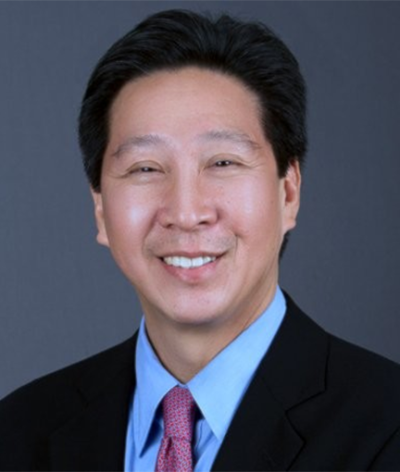Eric T. Young re-engineers governance, risk, and compliance programs of globally, complex companies to enable business growth which is reputable and sustainable. He also helps firms build more proactive and predictive enterprise- and financial crime (including anti-bribery and corruption) compliance risk assessment, control, electronic communications and surveillance processes with advanced regulatory technology and artificial intelligence.
Mr. Young has deep regulatory, ethics and regulatory compliance experience, having started his career with the Federal Reserve Bank of New York, and then spent over 30 years in chief compliance officer and chief AML / Sanctions / FCPA compliance officer roles with JP Morgan, four foreign banks including UBS and BNP Paribas, as well as with General Electric and S&P Global Ratings. Throughout his career, he has coordinated bank regulatory examinations, helping financial institutions prepare, manage, and meet supervisory expectations of the Federal Reserve, OCC, New York DFS, Department of Justice and other U.S. and international supervisors.
Mr. Young has also led anti-bribery and corruption (“ABAC”) investigations in Latin America, and evaluated Brazilian, Canadian and other companies’ FCPA compliance programs while CCO at NatWest, BNP Paribas, and S&P Global Ratings. He has also implemented and managed ABAC compliance programs at NatWest and BNP Paribas.
He co-leads Guidepost’s Financial Services practice and is a member of the National Security as well as General Compliance practice.
Mr. Young remediates and transforms enterprise-, AML, economic sanctions, and anti-corruption compliance programs consistent with U.S. SEC, Department of Justice (“DoJ”) Sentencing Guidelines and Corporate Compliance guidance, as well as U.S. federal, state, and international standards such as the Bank Secrecy Act, FATF, OFAC, Foreign Corrupt Practices Act, and other anti-financial crime standards. He is also experienced building, executing, and managing reputational risk management processes and controls over complex transactions, clients, and high risk geographies, in compliance with U.S. bank regulatory and DoJ expectations.
Since joining Guidepost in January 2022, Mr. Young provides litigation support relating to a major international fraud and wire transfer scandal; is the central point of media contact over economic sanctions, AML and innovative financial crime matters involving cryptocurrencies. He is frequently invited to speak as a conference panelist over the linkage of economic sanctions, national security, and U.S. Department of Justice prosecutions over ineffective compliance programs. He has also authored many articles about effective compliance programs, anti-bribery and corruption (“ABAC”), capital markets, and best industry practices to prevent and detect weaknesses in employee conduct and ethical behavior.
Throughout his career, Mr. Young has evaluated, proposed, upgraded, and managed ABAC / FCPA compliance programs, focusing on effective risk assessment, surveillance, investigation, and governance. He has also built and sustained Know Your Customer and AML surveillance systems and tools; enhanced anti-financial crime compliance reporting, data, and corporate compliance metrics to boards of directors; creating and executing AML compliance risk assessment, monitoring, and testing program
In addition to his corporate work, Mr. Young is an adjunct professor of ethics and compliance classes at Fordham University School of Law. He is also an advisory board member for Compliance Week, and for multiple AI technology companies.
In December 2021, he received the inaugural Lifetime Achievement (Excellence in Compliance Community) Award by RAW Compliance, a non-profit global compliance platform and community.
Mr. Young is a frequent speaker and author and has been featured in the American Banker, Wall Street Journal, Financial Times, Dow Jones MarketWatch, Euromoney, Forbes, and Reuters. He also authored the book “Declaration of Independence” about the strategic partnership between chief compliance officers and boards of directors to hold management more accountable.












